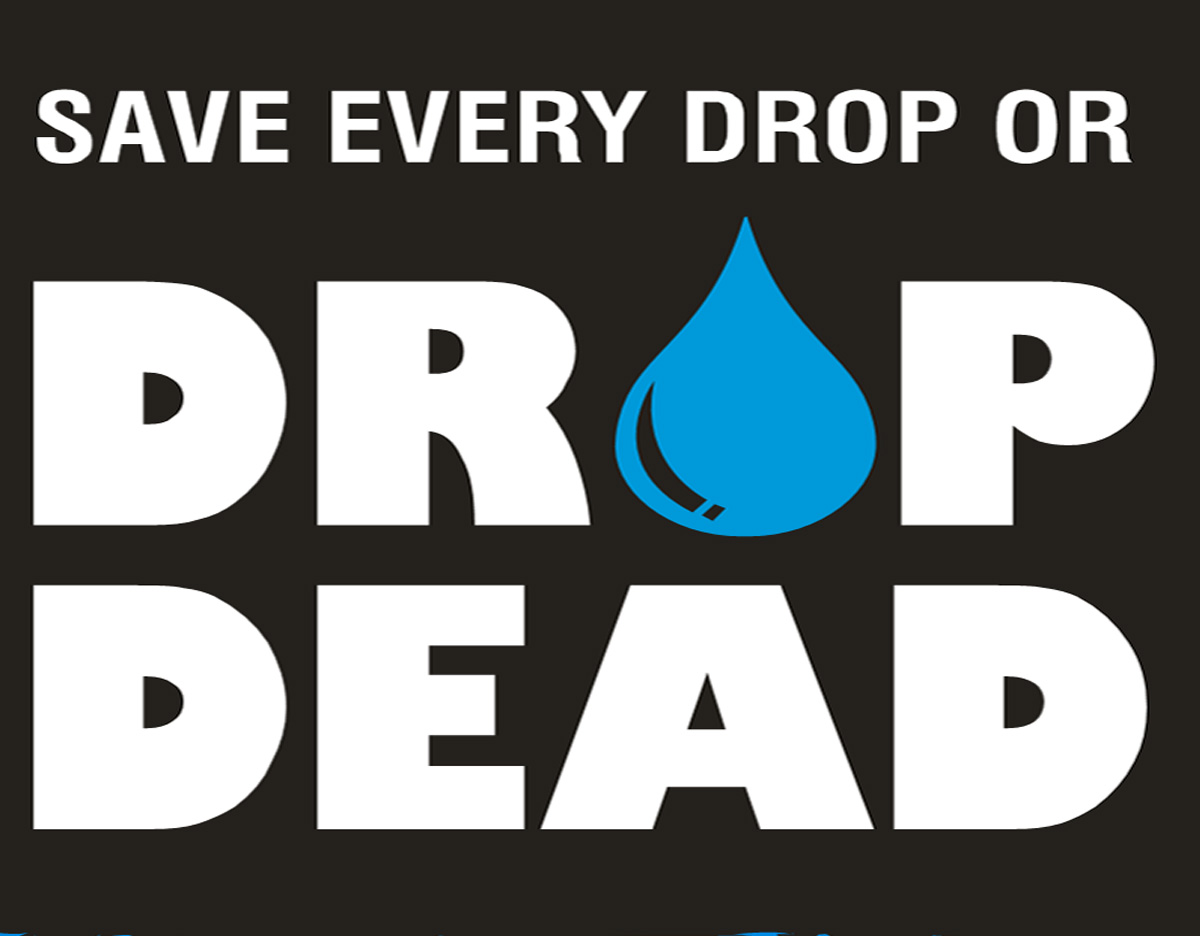Save Every Drop… or Drop Dead
As a distinguished Indian painter and author, Aabid Surti has written around 80 books but no story so moved him as the truth about water scarcity on the planet. “I read an interview of the former UN chief Boutros Boutros Ghali,” he recalls, “who said that by 2025 more than 40 countries are expected to experience water crisis. I remembered my childhood in a ghetto fighting for each bucket of water. I knew that shortage of water is the end of civilized life.”
A few days later, he came across a statistic in the newspaper: a tap that drips once every second wastes a thousand litres of water in a month. That triggered an idea. He would take a plumber from door to door and fix taps for free – one apartment complex every weekend.
He began by simply replacing old O-ring rubber gaskets with new ones, buying new fixtures from the wholesale market. He named his one-man NGO ‘Drop Dead’ and created a tagline: save every drop… or drop dead.
Every Sunday, the Drop Dead team – which consisted of Aabid himself, Riyaaz the plumber and a female volunteer Tejal – picked the apartment blocks, got permission from the housing societies, and got to work.
By the end of the first year, they had visited 1533 homes and fixed around 400 taps. Slowly, the news began to spread.
It’s hard to say how much water he has saved with his mission, given that the faucets he fixed could have continued leaking for months, and maybe years, had he not rung the doorbell one Sunday morning. But conservatively, it could be estimated thathe has single-handedly saved at least 5.5m litres of water till date.
In the summer of 2013, the state where Aabid lives is expecting its worst drought in 40 years. Months in advance, the Chief Minister Prithviraj Chauhan has warned citizens to begin conserving water. While ministers lobby for drought-relief packages worth millions of dollars, Aabid sees his own approach as simple and inexpensive.
As he rings another door-bell on yet another Sunday in Mira Road, seven years into his one-man mission, he says: “Anyone can launch a water conservation project in his or her area. That’s the beauty of this concept. It doesn’t require much funding or even an office. And most importantly, it puts the power back in our own hands.”

